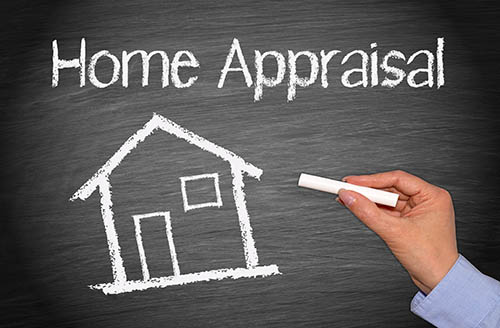 Deciding to purchase a home will be one of the biggest investment decisions you’ll make in your life, but it can be confusing for the first-time home buyer to know all the ins and outs of buying a home. If you’re wondering what things first-time buyers often forget about before purchasing a home, here are three important things that you’ll want to keep in mind.
Deciding to purchase a home will be one of the biggest investment decisions you’ll make in your life, but it can be confusing for the first-time home buyer to know all the ins and outs of buying a home. If you’re wondering what things first-time buyers often forget about before purchasing a home, here are three important things that you’ll want to keep in mind.
Ignoring Their Credit History
If you have a high debt load or you haven’t been making your minimum payments, it can be pretty frightening to consider looking at your credit report, but it’s very important to do this before applying for a mortgage. A lender will be taking a look at your credit history and reviewing it carefully before approving your application, so it’s important for you to be aware of what your credit history says about you and how it might impact your mortgage.
Buying Too Much Home
It’s easier than you might think to be swayed into purchasing your dream home, but it’s necessary to keep a cool head and make an informed decision so that your home investment can be financially beneficial for you. The amount you should be paying for a home on a monthly basis will leave you with enough that you can pay for the necessities, any existing debts and any extras while still having wiggle room in case of emergency. While you may want to spend a little more, this can end up being a mistake if things don’t go as planned.
Forgetting The Documentation
This may be among the easiest of steps, but not having the appropriate documentation can push back your home purchase, so ensure you have all the necessary paperwork for when you need it. Beyond the Verification of Rent you’ll need from your previous landlord, it’s also important to make sure that you have liquid assets not just investments and RRSPs as this will prove to the lender that you can handle a financial hurdle in the event that it arises.
There are so many things involved in obtaining a mortgage that it can be easy to forget some very important aspects of approval. By being aware of your credit history and keeping your payment price within your means, you’ll be well on your way to a sound purchase. If you’re currently looking at homes, contact your local mortgage professional for more information.
 It can be a bit of a surprise if your home turns out to be valued at less than the purchase price offered, but this is the type of thing that can occur in an appraisal situation. While this can change everything from your contract to the amount of your down payment if your home has been appraised at less than you envisioned, here are some options you may want to consider.
It can be a bit of a surprise if your home turns out to be valued at less than the purchase price offered, but this is the type of thing that can occur in an appraisal situation. While this can change everything from your contract to the amount of your down payment if your home has been appraised at less than you envisioned, here are some options you may want to consider.